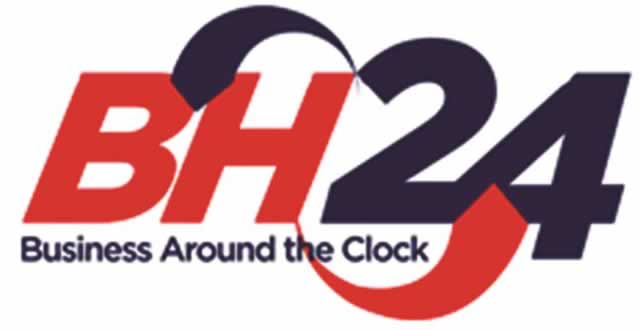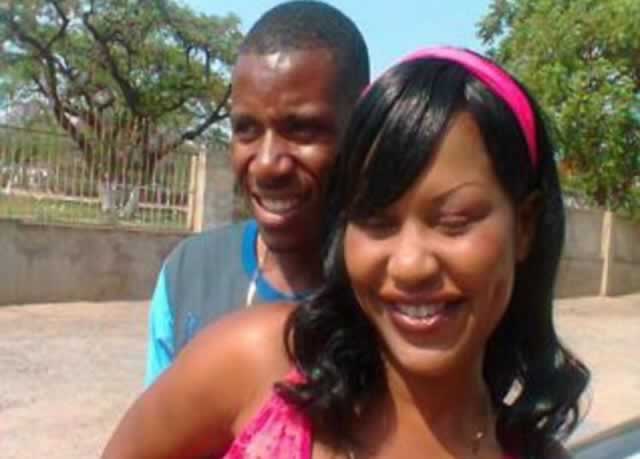Is Zimbabwe a latter-day Tower of Babel?


Zimbabweans are divided on virtually every subject under the sun ranging from indigenisation to the Palestine-Israel conflict
MY TURN with TICHAONA ZINDOGA
One is either for the ruling party, Zanu-PF, or the opposition – no neutrals except liars who have been disappointed with their choices which remain rooted at the bottom of their hearts.
It must have been Professor Jonathan Moyo who said neutrals are now a rare species in Zimbabwe.
The country is polarised, especially along political lines, which polarisation manifests itself ever more strongly in the media.
Now, a monolithic society is neither achievable nor desirable.
However, the polarisation, or more specifically, the bi-polarisation of Zimbabwe is just getting stronger; sicker.
You just have to follow discourses around major issues and questions of the day to realise just how Zimbabweans are in perpetual disagreement and never seem to agree on anything.
It starts with politics – of course – to the economy, religion right down to music and soccer.
As the world is in a crisis at the moment with what is happening in Ukraine and Israel, Zimbabweans have taken their differing opinions there.
The new Cold War between the US and Russia over Ukraine has suddenly become a Zimbabwean rivalry.
On one side are Zimbabweans supporting the American and Western narrative of Russian culpability in what is taking place in Ukraine, including the unfortunate downing of the Malaysian plane, killing close to 300 people.
Putin must be hanged, we are now told.
He supplied the weapons that were used by the pro-Russian “terrorists” to fight Ukraine and subsequently shoot down the plane, advertently or otherwise.
He must pay, especially by being defeated in a war that must now be waged against Russia.
War criminals like him are the typical guys for the International Criminal Court, if not higher courts in the heavens, which could be less costly.
No, Putin is innocent.
Can we not see the fingerprints of the USA all over the place?
The US is spoiling for war.
They have planted or stage-managed the plane incident to justify war on Russia.
It sounds pretty much like another Gulf of Tonkin incident; another tale of weapons of mass destruction, or even the Ghouta chemical bombing incident in Syria.
The US is especially guilty of fomenting crises, which of course it benefits from.
We can see the orchestration of the West and its pliant, if equally war-mongering, media.
It’s geopolitics at play and the US fears the influence of Russia.
And, oh, by the way there was this groundbreaking launch of the BRICS bank which is set to undermine the Washington Consensus (and all the Rothschilds of Western hegemony).
The US is all too ready to strike at the cornerstone of any new axis that challenges its hegemony.
That cornerstone is Russia.
China is on the horizon.
America is the guilty party in this imbroglio.
So the argument and counter-argument go, typically Zimbabwean.
On Palestine, the binary lenses are put on again.
We have the good and the bad guys: Israel is right to defend itself against Hamas; no, Israel is the aggressor and especially so against innocent civilians!
Israel has the right to build in Palestinian territory. No it doesn’t!
You sometimes marvel at the kind of energy and passion that Zimbabweans exude when arguing about these things.
Thank goodness we have Facebook and all the fury is absorbed in the keyboards of computers and phones.
Sometimes the situation is not so provident.
We trade blows.
The politics in the country has been so poisoned with – or rather by – polarisation that violence had threatened to become a permanent fixture of the same.
We thanked our gods when the last elections were peaceful.
The world sighed with us, in relief.
Yet that is not to say our competing interests and perspectives are in any way converging or narrowing.
One is either for the ruling party, Zanu-PF, or the opposition – no neutrals except liars who have been disappointed with their choices which remain rooted at the bottom of their hearts.
Now the main opposition MDC-T is fragmented, either one is for or against Morgan Tsvangirai or against him; for or against Tendai Biti.
Characteristic of Zimbabwean reflex, already there have been strong words, accusations and counter-accusations and, of course, blows to complete the contest for power and superiority.
By the way, intra-party/factional violence is being deployed by the very people who we all thought were innocent victims of Zanu-PF savagery!
But then this is Zimbabwe.
We have also been divided on the economy.
We have not been able to agree on how the country should move from the economic malaise that Zimbabwe faces, whether caused by sanctions or mismanagement or both, which we don’t agree on.
Should we look East or West?
Opinions are pitched and contradictory: some people believe that Zimbabwe’s salvation lies with the former colonial masters helping us out of our poverty and darkness, as they did before; others believe salvation is in the East – after all the West itself is looking East.
The indigenisation and economic empowerment policies, which pronounces Zimbabweans as the masters of their economic destiny, would have been a ready compromise.
Only it is not.
The very concept and its implementation are subject to a great deal of contestation.
Proponents of the noble policy, on which they have won votes, have not helped their cause due to the less-than-surefootedness around the issue and, of course, some administrators of the same have not being forthright in some key respects of the policy such as the redistribution of wealth and disbursement of youth funds.
Even in the revolutionary party that gave us the wonderful indigenisation, people seem to be divided over how to implement the programme.
We have now observed how some people are described as hardliners while others are “soft”, rational and reasonable, even.
At the end of the day, the future of the indigenisation policy in the country is not very clear.
We await what Francis Nhema, the man in charge of indigenisation, will give us in the near future – he was, if we recall correctly, charged by his party’s Politburo to look at ways to fine-tune indigenisation.
Meanwhile, we have Zim-Asset.
It is the economic blueprint, deriving from the winning manifesto of the ruling Zanu-PF, that is set to define the economic direction of the country in the next four years to 2018.
It was launched in October last year.
The ultimate objective of the blueprint is to achieve “sustainable socio-economic transformation”, which must be a good thing.
However, Zimbabweans are divided on the blueprint with some people attacking it bitterly while some of us defend it like our lives depend on it.
It would seem Zimbabweans will never agree on Zim-Asset, for the life of it!
We can afford to fight while the economy stagnates and worse.
Zimbabwe now appears to be one heck of the Tower of Babel.
The Bible in Genesis 11:1-9 tells of the story of children of men who upon settling at Sinar, decided to build a city and a tower which reached to the heavens.
The Lord saw their plans and this our jealous God decided to stop them and confused them by making them speak different languages and they ceased to understand each other.
That was the end of the grand project.
It is to be hoped Zimbabwe is not going that way.









Comments